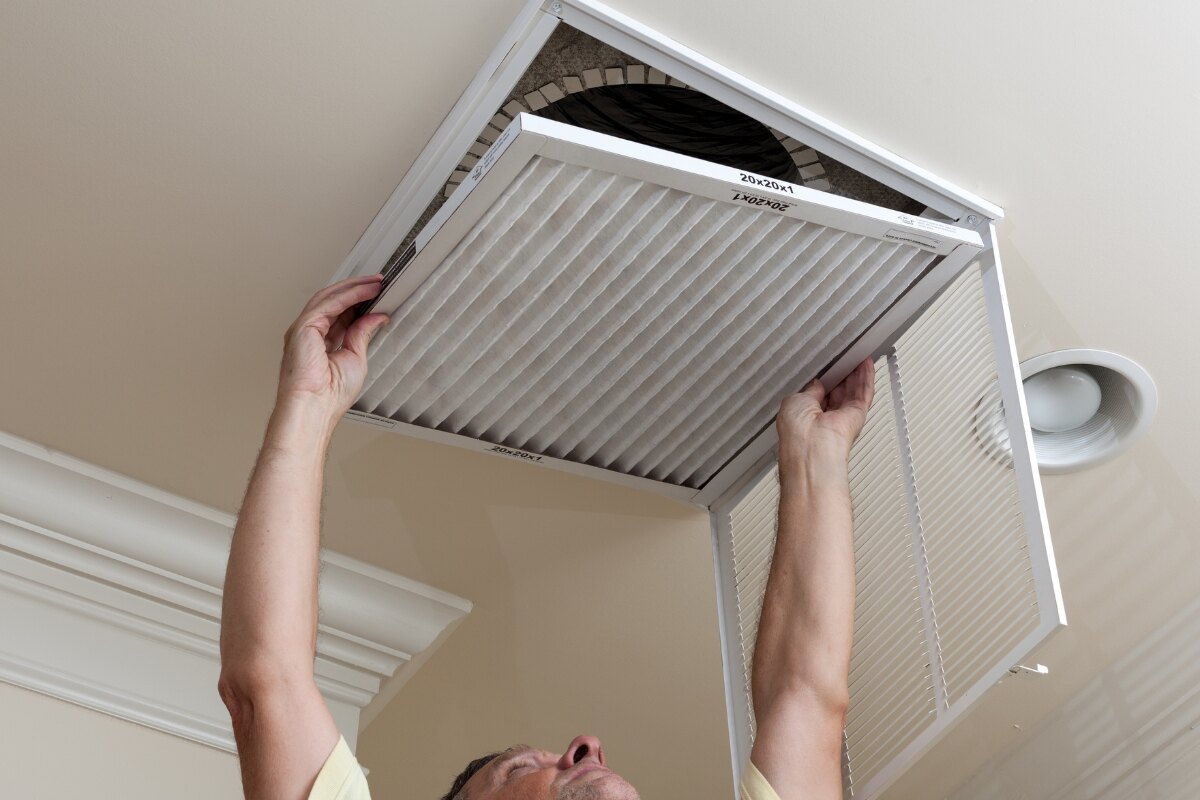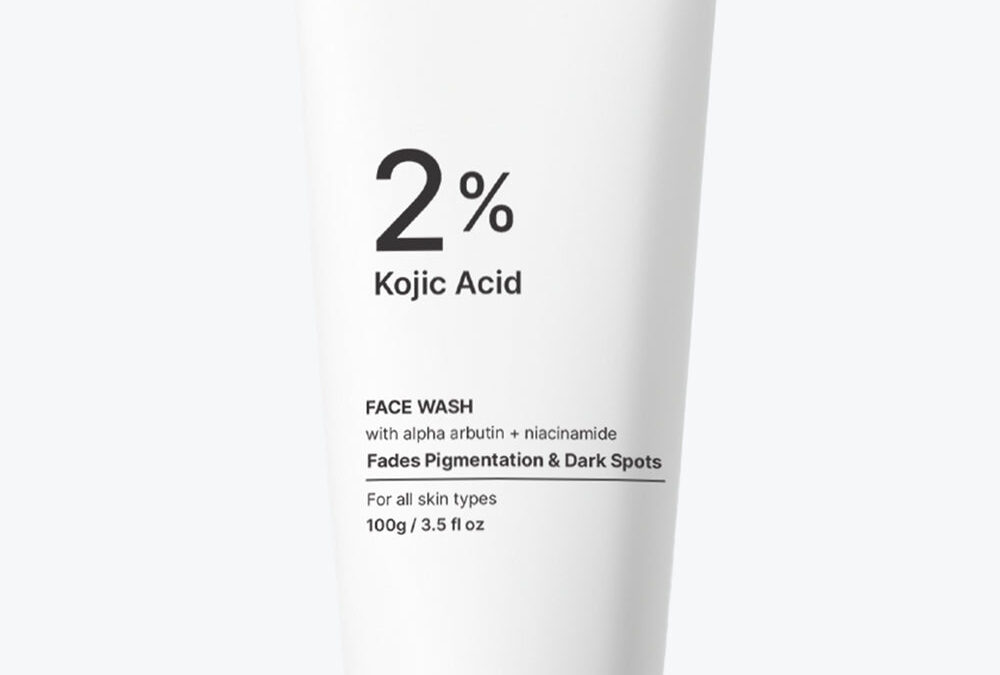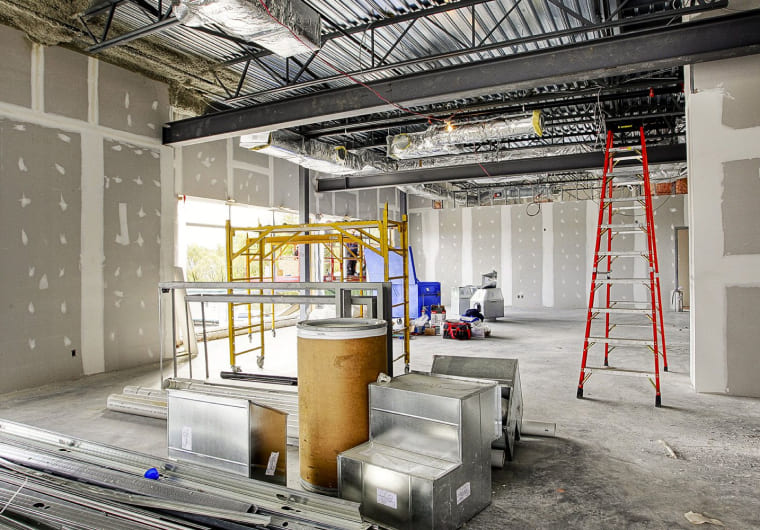An HVAC system plays a vital role in keeping your home comfortable by regulating temperature and maintaining indoor air quality. One often overlooked but essential component of an HVAC system is the air filter. The air filter helps trap dust, allergens, and other particles, preventing them from circulating through your home and damaging your HVAC system. Knowing how often to change your HVAC air filter is crucial for ensuring the system runs efficiently and the air you breathe stays clean.
At Go Green Heating & Cooling, we emphasize the importance of regular HVAC maintenance, including timely air filter changes. Proper filter care not only improves system performance but also extends the life of your HVAC unit and enhances indoor air quality.
Why Is Changing Your HVAC Air Filter Important?
The HVAC air filter serves as the first line of defense against airborne contaminants. It protects both the system and your health in several ways:
● Improves Air Quality: Filters capture dust, pollen, pet dander, mold spores, and other irritants, reducing allergens and improving the air you breathe.
● Protects HVAC Components: Clean filters prevent dust buildup on coils, fans, and other internal parts, which can cause inefficiency and breakdowns.
● Enhances Energy Efficiency: A clogged filter restricts airflow, forcing the HVAC system to work harder and consume more energy.
● Extends System Lifespan: Reducing strain on the system by regularly changing filters helps avoid premature wear and costly repairs.
Neglecting air filter changes can lead to poor indoor air quality, higher energy bills, and costly HVAC repairs.
How Often Should You Change Your HVAC Air Filter?
The frequency of changing your HVAC air filter varies based on several factors. While a general rule of thumb is every 90 days, your situation might require more or less frequent changes.
Standard Recommendation: Every 1 to 3 Months
For most households, changing the HVAC air filter every 1 to 3 months keeps the system operating efficiently and air quality high. This range covers typical homes with minimal occupants and average air quality.
Factors That Influence Filter Replacement Frequency
1. Type of Air Filter
Filters come in different types and quality levels. Basic fiberglass filters may need changing monthly, while higher-quality pleated filters can last 2 to 3 months or longer.
2. Home Environment
If you live in an area with high dust, pollution, or pollen levels, your HVAC filter will accumulate debris faster, requiring more frequent changes.
3. Pets in the Home
Homes with pets producing dander and hair should replace air filters more often—every 30 to 60 days—since pet particles can clog filters quickly.
4. Allergies or Respiratory Issues
For households with allergy sufferers or individuals with asthma, changing the filter every month or using a high-efficiency particulate air (HEPA) filter can help reduce airborne irritants.
5. Number of Occupants and Activity Levels
More people or frequent indoor activity can introduce more dust and particles, necessitating more frequent filter changes.
6. Seasonal Usage
During peak heating or cooling seasons, the HVAC system runs more often, meaning filters trap more contaminants and may need earlier replacement.
Signs It’s Time to Change Your HVAC Air Filter
Aside from sticking to a schedule, you can look for warning signs that indicate your HVAC air filter needs attention:
● Reduced airflow from vents
● Increased dust settling on furniture
● Higher energy bills without other explanation
● Allergy symptoms worsening indoors
● Visible dirt or discoloration on the filter
Checking your filter monthly, especially during heavy HVAC use, can help you catch when it’s time to replace it.
Choosing the Right HVAC Air Filter for Your Home
Not all HVAC filters are the same, and choosing the right one impacts your system’s efficiency and indoor air quality.
Filter Ratings and Types
Filters are rated by the Minimum Efficiency Reporting Value (MERV) scale from 1 to 16:
● MERV 1–4: Basic filters that catch large particles like dust but are less effective at capturing smaller pollutants.
● MERV 5–8: Medium efficiency filters that trap mold spores, pet dander, and dust mite debris.
● MERV 9–12: Higher efficiency filters suitable for homes with pets and allergy sufferers.
● MERV 13–16: High-efficiency filters often used in hospitals or sensitive environments, capturing very fine particles.
Balancing Filtration and Airflow
While high MERV filters capture more particles, they can restrict airflow if your HVAC system isn’t designed for them. Always check your system’s specifications or consult with professionals to choose a filter that balances filtration needs with system performance.
Tips for Maintaining Your HVAC System Beyond Filter Changes
Changing the air filter regularly is a vital part of HVAC maintenance, but there are other steps that help keep your system running efficiently and your indoor air clean:
● Schedule professional HVAC tune-ups at least once a year. These inspections identify potential problems early and keep your system in top shape.
● Keep vents and registers clean and unblocked. Furniture or curtains blocking airflow can cause the system to work harder.
● Seal ductwork leaks. Leaky ducts reduce efficiency and can pull in dust and pollutants.
● Maintain proper humidity levels. Use humidifiers or dehumidifiers to keep indoor air comfortable and reduce mold growth.
How Go Green Heating & Cooling Can Help with Your HVAC Maintenance
For residents in the service area, Go Green Heating & Cooling offers expert HVAC maintenance services designed to improve system efficiency and indoor air quality. We provide professional air filter inspections, replacements, and personalized recommendations based on your home environment and HVAC system.
Our team is equipped to help you choose the right filters and set a maintenance schedule that fits your lifestyle. Proper care of your HVAC system can lower energy costs, improve comfort, and protect your investment.
Contact Go Green Heating & Cooling today at (702) 766-1166 to schedule your next HVAC service. Visit our website at gogreenvegas for more information on how we can help you maintain a cleaner, more efficient home environment.







0 Comments